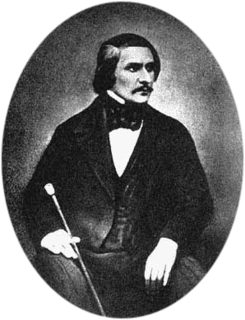A Quote by Ralph Waldo Emerson
It is the doctrine of the popular music-masters, that whoever can speak can sing. So, probably, every man is eloquent once in his life. Our temperaments differ in capacity of heat, or
Related Quotes
It is remarkable that men, when they differ in what they think considerable, will be apt to differ in almost everything else; their difference begets contradiction; contradiction begets heat; heat quickly rises into resentment, rage, and ill-will; thus they differ in affections, as they differ in judgment.
Whoever reads the gospel with a single eye, and sincere intentions, will find, that our blessed Lord took all opportunities of reminding his disciples that His Kingdom was not of this world; that His doctrine was a doctrine of the Cross; and that their professing themselves to be His followers, would call them to a constant state of voluntary suffering and self-denial.
We cannot afford to differ on the question of honesty if we expect our republic permanently to endure. Honesty is not so much a credit as an absolute prerequisite to efficient service to the public. Unless a man is honest, we have no right to keep him in public life; it matters not how brilliant his capacity.
As countless as grains of sand by the sea are human passions, and they all differ; all of them, vile or lofty, begin by being under a man's control and then become his terrible masters. Blessed is he who has chosen the most lofty of passions: his immeasurable bliss grows and multiplies tenfold with every hour and minute, and he penetrates deeper and deeper into the infinite paradise of his soul.
One cool judgment is worth a thousand hasty councils. The thing to do is to supply light and not heat. Ay any rate, if it is heat it ought to be white heat and not sputter, because sputtering heat is apt to spread the fire. There ought, if there is any heat at all, to be that warmth of the heart which makes every man thrust aside his own personal feeling, his own personal interest, and take thought of the welfare and benefit of others.
If you can impress any man with an absorbing conviction of the supreme importance of some moral or religious doctrine; if you can make him believe that those who reject that doctrine are doomed to eternal perdition; if you then give that man power, and by means of his ignorance blind him to the ulterior consequences of his own act,-he will infallibly persecute those who deny his doctrine.








































